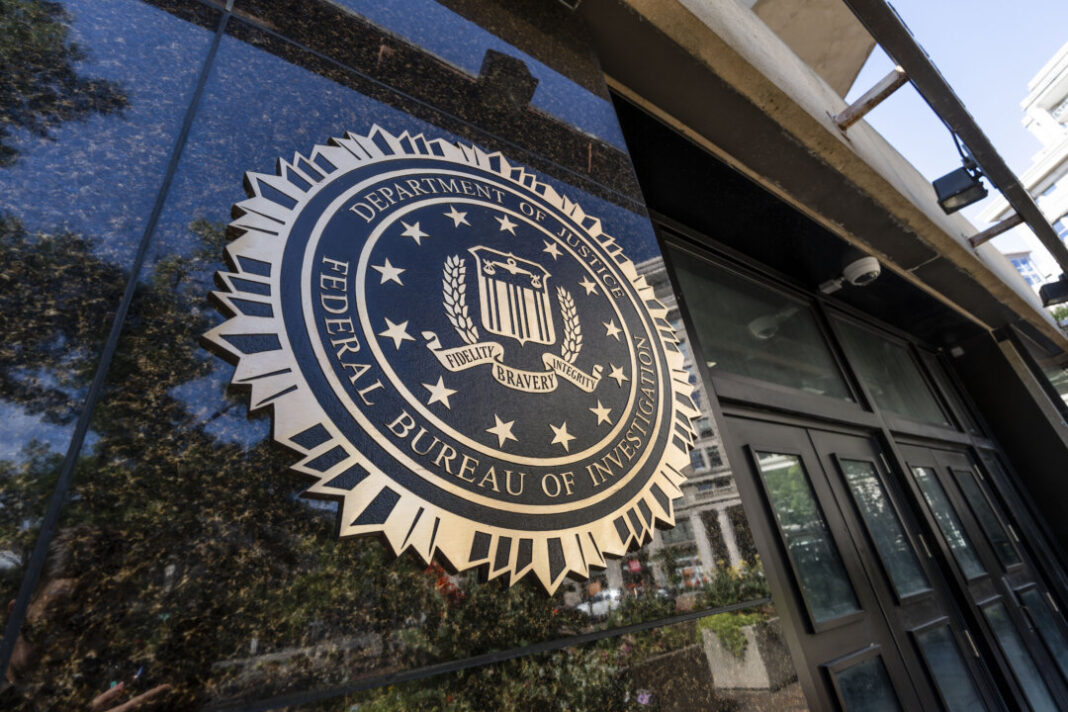AI has been used to mimic crowd participants as part of a new fraud tactic.
The Federal Bureau of Investigation (FBI) has warned that criminals are using generative synthetic intelligence (AI) to commit fraud on a larger scale than ever before, saying the age of complexity will increase “the credibility of their schemes”. .
As more criminals utilize the utility of AI to carry out fraud and extortion, AI-generated content is becoming increasingly difficult to detect.
The alert said that in an audio scam, criminals have used AI-generated “short audio clips in which a person impersonates a close relative in a crisis situation, asking for immediate financial assistance or demanding ransom.” The voice of the loved one is included.”
One man’s body language said that the woman had been kidnapped. Then, Destefano showed that his daughter was actually inside the house.
Believing the video, the man invested in the platform and lost at least $12,000, which was his week’s savings.
Criminals use AI to create real-time video chats of ordinary people such as corporate executives or authority figures.
AI-generated text and images allow fraudsters to create a sense of legitimacy for their schemes. For example, AI tools are used to create social media profiles with great content so that they look like real accounts.
AI Symbol Future allows criminals to create fake driver’s licenses or alternative government and banking documents, which can be used to carry out impersonation scams.
AI Specific Content Content Warning
an fbi alert June peak year comes warnings about rogue actors using AI to control images and videos to create sexually explicit content.
To generate such content, blackmail actors use videos and photographs that are uploaded to their social media accounts or other platforms. The fake content is then created and distributed on social media or pornographic web pages, the FBI said.
“The images are then sent directly to the victims by malicious actors for sextortion or harassment,” the agency said. “Once disseminated, victims may face significant challenging circumstances in fighting the continued sharing of manipulated content or its removal from the web.”
Elliston Berry, the most vulnerable teen victim, shared his story during a Senate floor hearing in June. “I was stunned because I tried to hide the fact that it was happening,” she said.
If the bill is enacted one day, when a victim files a complaint on a social media platform, the company will be bound to remove the content within 48 hours.
“For young victims and their parents, these deepfakes are an issue that requires immediate attention and protection in law,” Cruz said.


